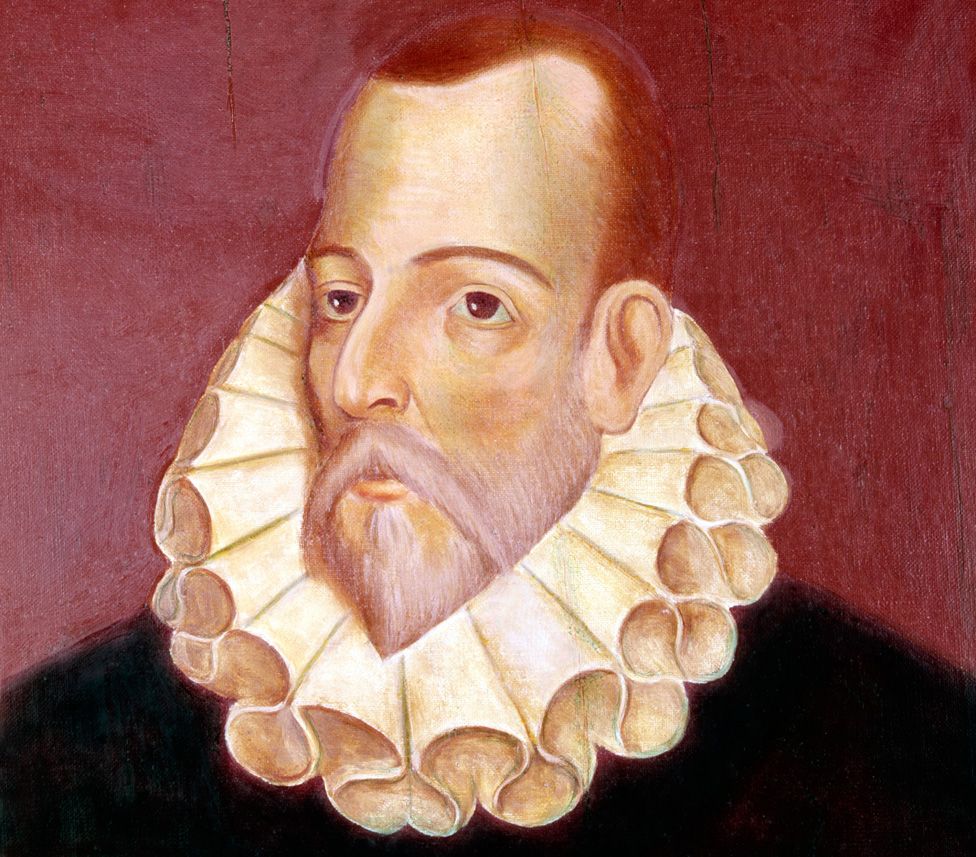Miguel de Cervantes | Biography, Don Quixote Novel & Legacy

Miguel de Cervantes Saavedra, often regarded as the greatest writer in the Spanish language and one of the world’s pre-eminent novelists, led a fascinating life filled with adventure, hardship, and literary brilliance. Here’s a summary of key points from his biography:
Early Life and Military Service:
- Cervantes was born around September 29, 1547, in Alcalá de Henares, Spain, to a family of modest means.
- His father, Rodrigo de Cervantes, was a barber-surgeon, and his mother was Leonor de Cortinas.
- Cervantes had a challenging childhood marked by financial struggles and frequent relocations.
- He likely attended the Jesuit college in Seville and may have been influenced by Jesuit playwright Pedro Pablo Acevedo.
- In 1569, Cervantes was involved in a duel and subsequently left Madrid, eventually finding employment in the household of an Italian bishop in Rome.
Battle of Lepanto and Captivity:
- Cervantes enlisted in the Spanish Navy infantry regiment and fought in the Battle of Lepanto in 1571, where he was badly wounded, losing the use of his left arm.
- He was later captured by Barbary pirates and spent five years in captivity, during which he made several unsuccessful escape attempts.
Literary Career and Later Life:
- Cervantes published his first significant novel, “La Galatea,” in 1585, but it received little attention.
- His masterpiece, “Don Quixote,” was published in two parts, in 1605 and 1615, respectively, and revolutionized the genre of the novel.
- Despite his literary success, Cervantes faced financial difficulties throughout his life and held various jobs, including as a purchasing agent and tax collector.
- He married Catalina de Salazar y Palacios in 1584 and had an illegitimate daughter named Isabel.
- Cervantes died on April 22, 1616, and was buried in the Convent of the Barefoot Trinitarians in Madrid.
- His remains were rediscovered in 2015, confirming his burial site.
Legacy and Literary Impact:
- Cervantes’ influence on Spanish and world literature is profound, with “Don Quixote” often hailed as the first modern novel.
- He challenged the prevailing literary conventions of his time and introduced innovative narrative techniques.
- “Don Quixote” has been translated into numerous languages and continues to be celebrated for its humor, depth, and exploration of human nature.
- Cervantes’ legacy extends beyond literature, with adaptations, tributes, and celebrations honoring his life and work.
Overall, Miguel de Cervantes’ contributions to literature and his adventurous life continue to inspire readers and writers around the world.


